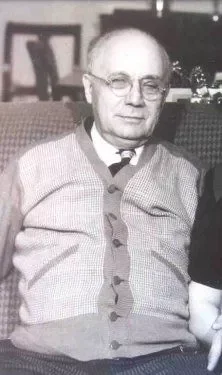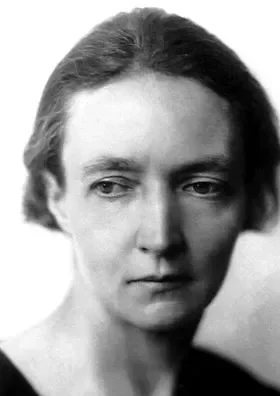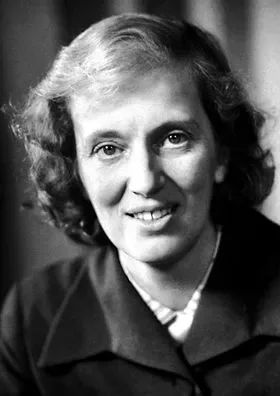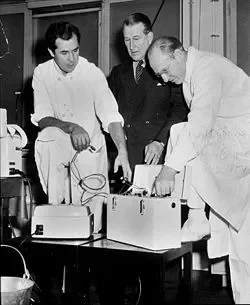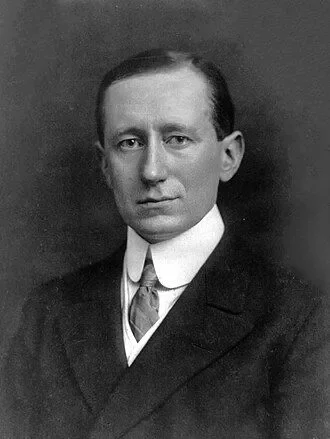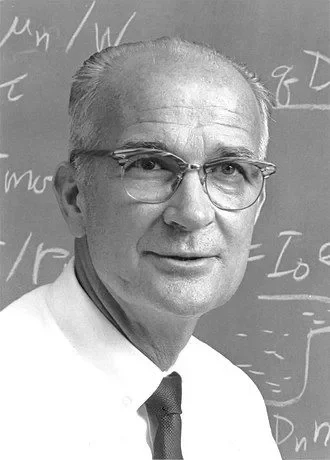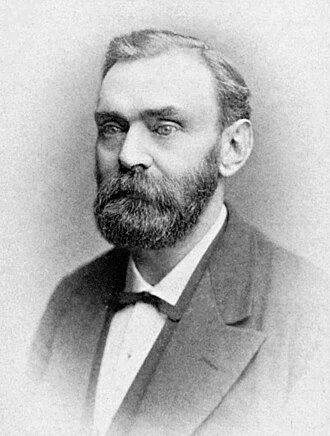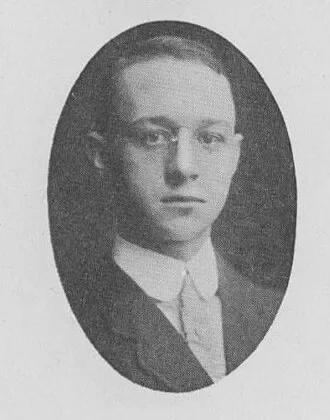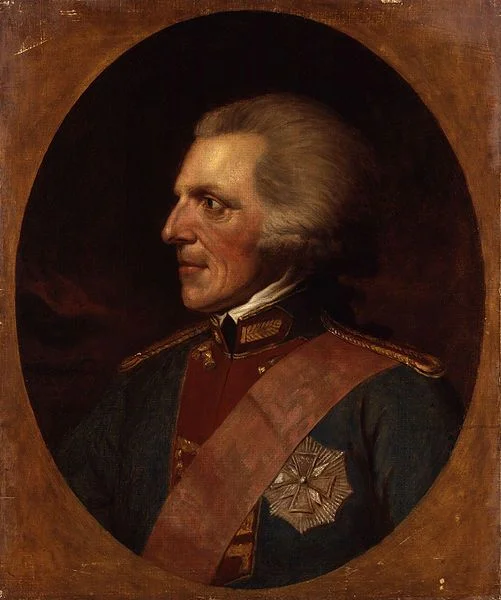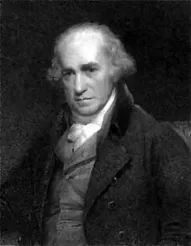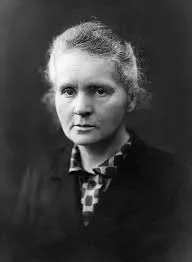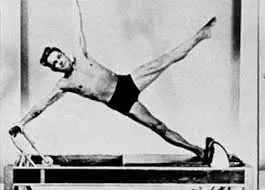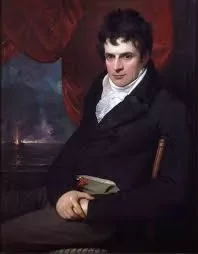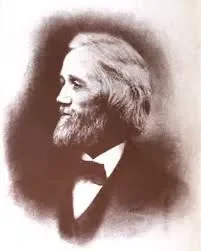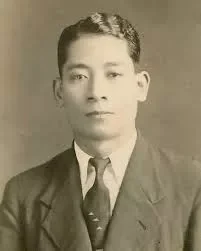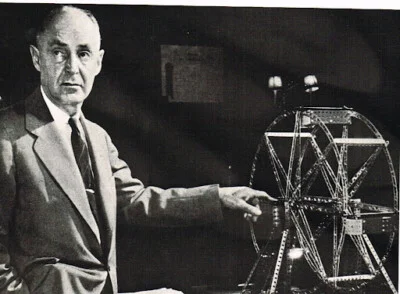Real Celebrities Never Die!
OR
Search For Past Celebrities Whose Birthday You Share
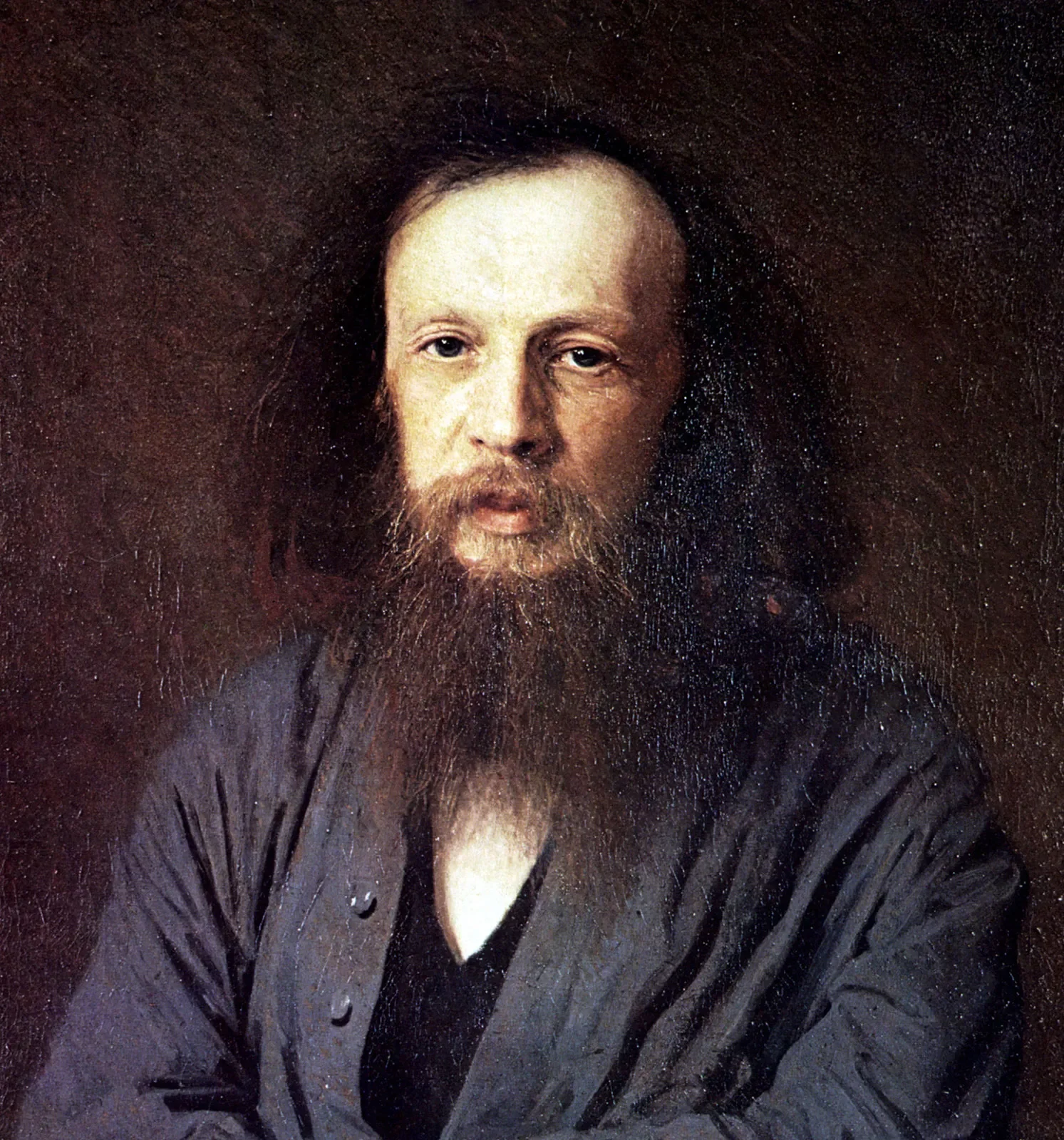
source:https://encrypted-tbn0.gstatic.com
Dmitri Mendeleev
Birthday:
08 Feb, 1834
Date of Death:
02 Feb, 1907
Cause of death:
influenza
Nationality:
Russian
Famous As:
Chemist
Age at the time of death:
72
Dmitri Mendeleev's Quote's
Introduction to Dmitri Mendeleev
Dmitri Mendeleev was a renowned Russian chemist and inventor known for creating the Periodic Table of Elements, which organized the known elements based on their atomic masses. He was famous for formulating the Periodic Law.
Early Life and Family Background
Mendeleev was born in the village of Verkhnie Aremzyani, Tobolsk, Siberia, on 8 February 1834. He was the youngest of 17 siblings to Maria Dmitrievna Mendeleeva, his mother, and Ivan Pavlovich Mendeleev, his father, who worked as a school principal and teacher in fine arts, politics, and philosophy. His mother reopened a glass factory established by his father Ivan. The Mendeleev family faced financial challenges due to Mendeleev’s father going blind and losing his teaching position. This resulted in his mother reopening the glass factory. However, at the age of 13, Mendeleev’s father passed away following the destruction of the glass factory due to a fire.
Education and Early Career
In 1849, Maria and Dmitri hoped that he would get into Moscow University, but he was rejected. Later they relocated to Saint Petersburg, and Mendeleev entered the Main Pedagogical Institute in 1850. Following graduation, he suffered from tuberculosis and had to move to the Crimean Peninsula. There, he served as the science master at the 1st Simferopol Gymnasium and returned to Saint Petersburg in 1857.
Scientific Contributions and Achievements
In the following years, Dmitri Mendeleev worked on the capillarity of liquids and published a book named “Organic Chemistry” in 1861, which earned him the Demidov Prize. Mendeleev became a professor at the Saint Petersburg Technological Institute and Saint Petersburg State University. His contributions continued to expand and transformed Saint Petersburg into a well-renowned chemistry research center.
The Creation of the Periodic Table
In 1869, Mendeleev accomplished his most notable achievement when he published the periodic table of elements by arranging them according to their atomic mass, leaving gaps for undiscovered elements. This also allowed him to predict the properties of the unknown elements. Mendeleev’s predictions soon validated the discoveries of gallium and germanium. His discovery earned him the title “Father of the Periodic Table”.
Later Career and Honors
In 1890, Mendeleev resigned from Saint Petersburg University and became involved in the Bureau of Weights and Measures, where he investigated petroleum composition. In 1905, he was nominated for the Nobel Prize for his discovery of the periodic table but did not win due to a lack of agreement with the Nobel Committee. Despite this, he received multiple honors like the Davy Medal from the Royal Society in 1882, election to the Royal Swedish Academy of Sciences, and later the Copley Medal in 1905.
Exploration of Other Fields
Later, Mendeleev ventured into fields like hydrodynamics, meteorology, geology, and chemical technology. He also had a significant influence on trade and agriculture, contributing to trade theories and agricultural studies.
Death and Legacy
Dmitri Mendeleev passed away on February 2, 1907, in Saint Petersburg, Russia, at the age of 72 due to influenza. His death marked the end of a prolific career. His contributions to the field of chemistry remain invaluable and are used by students and chemists to this day.
Name:
Dmitri Mendeleev
Popular Name:
Dmitri Mendeleev
Gender:
Male
Cause of Death:
influenza
Spouse:
Place of Birth:
Verkhnie Aremzyani, Tobolsk Governorate, Russian Empire
Place of Death:
Saint Petersburg, Russian Empire
Occupation / Profession:
Personality Type
Logician: Innovative inventors with an unquenchable thirst for knowledge. He did not keep himself to chemistry alone but went into agriculture, trade etc and helped in these fields too.
Dmitri Mendeleev had long hair and a beard that he only trimmed once a year.
Mendeleev crater located on the far side of the Moon, is named after him.
Mendeleev University of Chemical Technology in Russia is nameed after him.
Davy Medal (1882)
Faraday Lectureship Prize (1889)
ForMemRS (1892)

